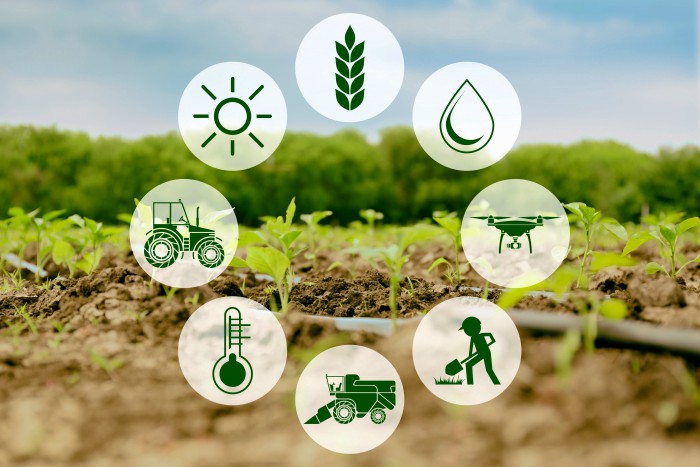Tech
AGRICULTURAL TECHNOLOGY: Efficiency In Food Chain

Modern farms and agricultural operations work far differently than those a few decades ago, primarily because of advancements in technology, including sensors, devices, machines, and information technology.
Agriculture technologies advanced rapidly in the second half of the 20th century and at the beginning of the 21st century. These developments forever changed the way farmers work.
Today’s agriculture routinely uses sophisticated technologies such as robots, temperature and moisture sensors, aerial images, and GPS technology.
Like many people, farmers started carrying mobile devices, which allowed them to stay connected to colleagues while in the field. This also meant they now had access to data needed while on-the-go, including the ability to place orders for seed or fertilizer at any time or in any place.
For the first time, farmers were able to use satellite technology to see their farms from overhead, allowing for better tracking and planning.
These advanced devices and precision agriculture and robotic systems allow businesses to be more profitable, efficient, safer, and more environmentally friendly.
READ ALSO: TECHNOLOGY AND GLOBALIZATION: A Pattern Of Existence
Farmers no longer have to apply water, fertilizers, and pesticides uniformly across entire fields. Instead, they can use the minimum quantities required and target very specific areas, or even treat individual plants differently.
Agricultural technology benefits include higher crop productivity, Decreased use of water, fertilizer, and pesticides, which in turn keeps food prices down, lessened impact on natural ecosystems less runoff of chemicals into rivers and groundwater increases worker safety.
Robotic technologies also enable more reliable monitoring and management of natural resources, such as air and water quality. It also gives producers greater control over plant and animal production, processing, distribution, and repository.
Today, we can proudly say that agricultural technology has helped with greater efficiencies and lower prices after growing conditions and safer foods that also help reduce environmental and ecological impact.
Drop comments via Eko Hot Blog
Advertise or Publish a Story on EkoHot Blog:
Kindly contact us at [email protected]. Breaking stories should be sent to the above email and substantiated with pictorial evidence.
Citizen journalists will receive a token as data incentive.
Call or Whatsapp: 0803 561 7233, 0703 414 5611
















